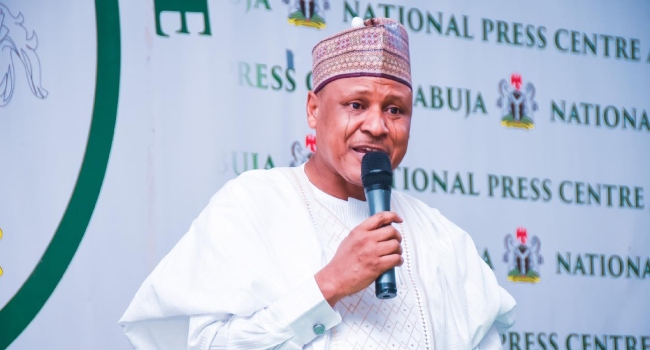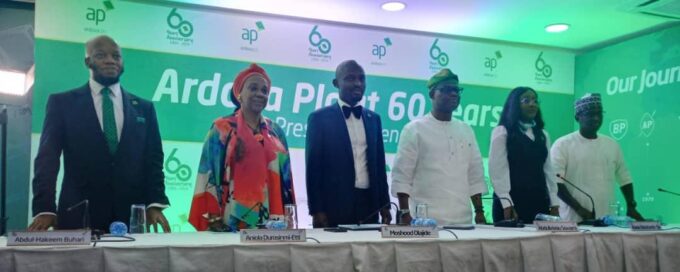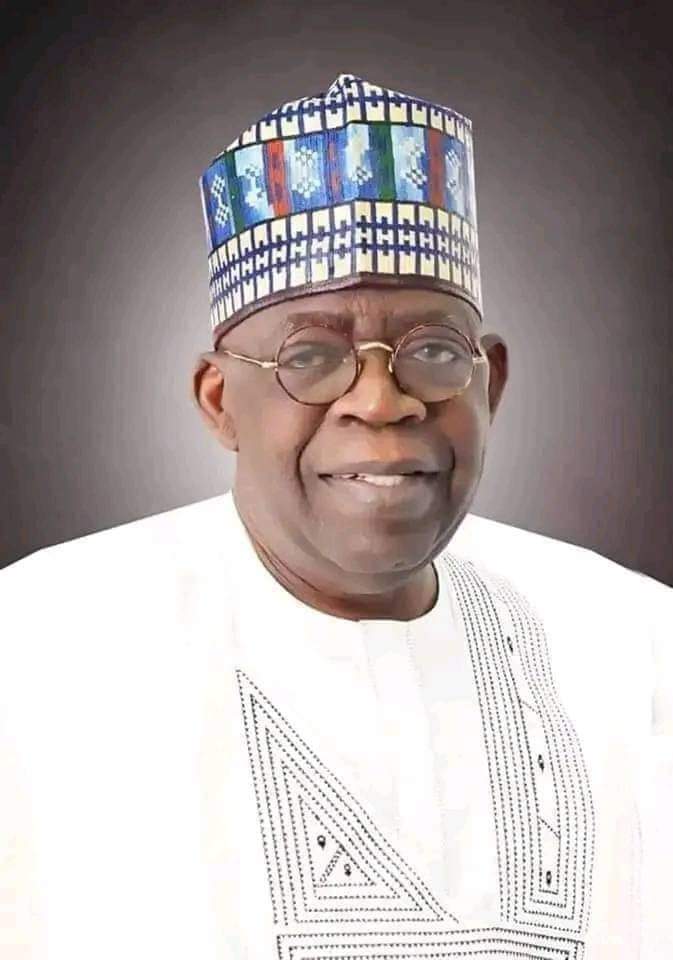The new Power Poll results released by NOIPolls for the first quarter of 2019 revealed that the power sector experienced a decline in power supply to Nigerian households to 37 percent in Q1, 2019 from 42-percents obtained in Q4, 2018. The decline in power supply to households can be attributed to the combined challenges of gas shortage to the generating companies and low water levels at the hydro power stations. The downward trend in power supply was seen in all three months in Q1, as power supply dropped consistently from 46 percent in January to 35 percent in February and further dropped to 30 percent in March, 2019; which recorded the lowest figure in Q1 2019.
The results obtained from the poll also revealed that the quarterly average cumulative hours of power supply experienced a marginal decline from 9.7 hours in Q4, 2018 to 9.6 hours in Q1 2019. A cumulative power supply of 9.6 hours per day is a far cry from the standard 24 hours’ power supply which households in Nigeria are expected to be experiencing in an ideal situation. This shortfall of hours in power supply across the country further depict the perennial challenges experienced in the power sector which has a direct effect on the economy of the country. It is on record that the Federal Government has embarked on attempts in the past to fix the power sector but it has all been futile as the power supply have continued to dwindle over the past months.
Background
There is no gainsaying in the fact that the lack of power supply in the country has continued to affect the social and economic lives of Nigerians in one way or the other. Although the Federal Government has put is some efforts to ensure adequate power supply to Nigerians but the effort have not yielded positive results as the power sector still falls short of expectation of the average Nigerian. The sector is still faced with the variety of issues ranging from generation to distribution.[1]Nigeria’s power generation continue to hover around 5,000 and 7,000 megawatts making it one of the least electrified nations in the world with its attendant effect which include inability to cope with a burgeoning population. It has been established that a large portion of Nigerians do not have access to power supply which makes the country the highest with electricity access deficit. It is against this backdrop that NOIPolls conducted its quarterly survey to assess electricity distribution to Nigerian households in the first quarter of 2019.
Survey Findings
Nationwide Monthly Tracking of Power Supply
Monthly analysis of the state of power supply between January and March 2019 revealed that only 30 percent of Nigerians experienced an improvement in power supply to their households in the month of March, 2019. This figure represents the lowest power supply improvement in Q1 2019 when compared to February (35-Percent) and January (46-Percent).

Nationwide Average Quarterly Trend of Power Supply
Quarterly analysis of the state of power revealed a 5 percent decline in power supply in Q1, 2019 to stand at 37 percent when compared to Q4, 2018 which stood at 42 percent. This result therefore, reveals a decline in power supply to households in the Q1, 2019.

Nationwide Monthly Average Cumulative Daily Power Supply
January 2019 accounted for the month with the highest cumulative daily power supply in the first quarter of 2019. Respondents surveyed confirmed that they received an average of 10.2 hours cumulative power supply in January, while the lowest average cumulative daily power supply in Q1, 2019 was seen in the month of March, 2019 at 9.2 hours.

Quarterly Average Daily Cumulative Power Supply
On a quarter-on-quarter basis, the average daily cumulative power supply to households in Q1, 2019 declined to 9.6 hours when compared to the 9.7 hours obtained in Q1, 2018.

In conclusion, the results revealed a decline in power supply in the country despite the effort of successive governments to stabilize power through improving generation. The persistent unstable power in the country will continue to be a challenge until drastic measures are taken by the government to ameliorate the situation. Venturing into other forms of power generation like wind, solar etc remains the most potent and viable option to solve the epileptic power supply situation in the country.
Survey Methods
The opinion poll was conducted over a period of three months (January to March 2019). It involved telephone interviews of a random nationwide sample. 3,000 randomly selected phone-owning Nigerians aged 18 years and above, representing the six geopolitical zones in the country, were interviewed. With a sample of this size, we can say with 95% confidence that the results obtained are statistically precise – within a range of plus or minus 3%. NOIPolls Limited is the No1 for country specific polling services in West Africa. We conduct periodic opinion polls and studies on various socio-economic and political issues in Nigeria













